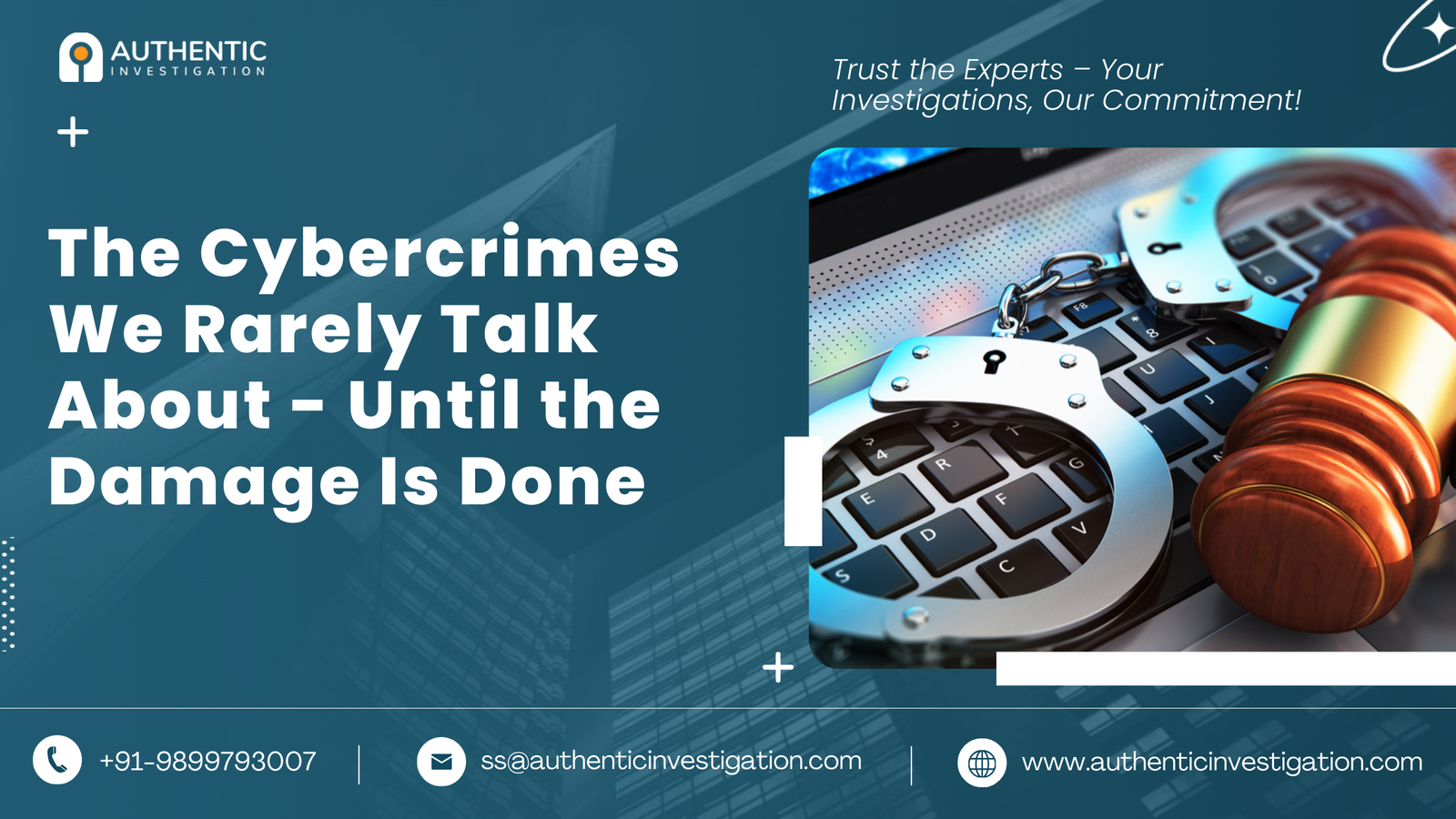
The Cybercrimes We Rarely Talk About – Until the Damage Is Done
How to choose the right risk advisory firm: due diligence, AI-enabled monitoring, cybersecurity, regulatory compliance, ERM and measurable ROI for growth today.
In the fast-paced world of corporate transactions, where deals are struck and fortunes are made, asset investigation stands as a crucial yet often overlooked step. Whether it’s a merger, acquisition, or partnership, thorough due diligence on the assets of the target company is paramount for mitigating risks and ensuring the deal’s success.
Understanding Asset Investigation
Asset investigation is a comprehensive examination of a target company’s tangible and intangible assets, including property, equipment, intellectual property, financial holdings, and liabilities. While initially daunting, the effort invested yields invaluable insights into the true value and potential risks associated with the deal. By scrutinizing every aspect of the company’s assets, investors gain a clearer understanding of what they’re acquiring and the potential challenges they may face. This thorough due diligence is essential for making informed decisions and mitigating risks in corporate transactions.
Uncovering Hidden Liabilities
Asset investigation is crucial for revealing hidden liabilities or financial irregularities that could endanger a transaction. The primary rationale for asset investigation lies in uncovering hidden liabilities or financial irregularities that could jeopardize the transaction. By thoroughly examining the target company’s financial records, contracts, and legal documents, investigators can uncover outstanding debts, pending lawsuits, or undisclosed liabilities. These findings provide critical insights into potential risks that may impact the success of the deal or impose financial burdens on the acquiring company. This level of scrutiny ensures transparency and accountability in corporate transactions, allowing investors to make informed decisions and mitigate risks effectively.
Ensuring Financial Transparency
Moreover, asset investigation ensures the accuracy of the target company’s financial statements and representations, fostering transparency and accountability in negotiations. By verifying asset ownership, value, condition, and marketability, investors can negotiate more favorable terms and make informed decisions. This brings transparency and accountability in negotiations, enabling investors to negotiate more favorable terms.
Protecting Reputation and Credibility
Asset investigation is paramount for protecting the acquiring company’s reputation and credibility. Beyond financial considerations, asset investigation safeguards the acquiring company’s reputation and credibility. In today’s interconnected world, any association with a company embroiled in financial scandals or legal controversies can tarnish reputation and erode investor confidence. By conducting thorough due diligence on the target company’s assets, investors can identify potential reputational risks and take proactive measures to mitigate them, safeguarding their reputation and credibility in the market.
Taking Proactive Measures
Thorough due diligence on the target company’s assets enables investors to identify potential red flags or reputational risks and take proactive measures to address them. Whether uncovering fraudulent activities, conflicts of interest, or unethical business practices, asset investigation protects the integrity and reputation of the acquiring company. This proactive approach not only mitigates potential risks but also ensures that the company upholds its values and maintains its credibility in the market, setting a solid foundation for future success.
Conclusion
In conclusion, asset investigation is indispensable in the corporate deal-making process, providing critical insights into value, risks, and strategic implications. By conducting thorough due diligence, investors mitigate risks, negotiate better terms, and position themselves for long-term success in the competitive business landscape. Contact us to learn more about how asset investigation can empower your corporate endeavors.

How to choose the right risk advisory firm: due diligence, AI-enabled monitoring, cybersecurity, regulatory compliance, ERM and measurable ROI for growth today.

How to choose the right risk advisory firm: due diligence, AI-enabled monitoring, cybersecurity, regulatory compliance, ERM and measurable ROI for growth today.

How to choose the right risk advisory firm: due diligence, AI-enabled monitoring, cybersecurity, regulatory compliance, ERM and measurable ROI for growth today.